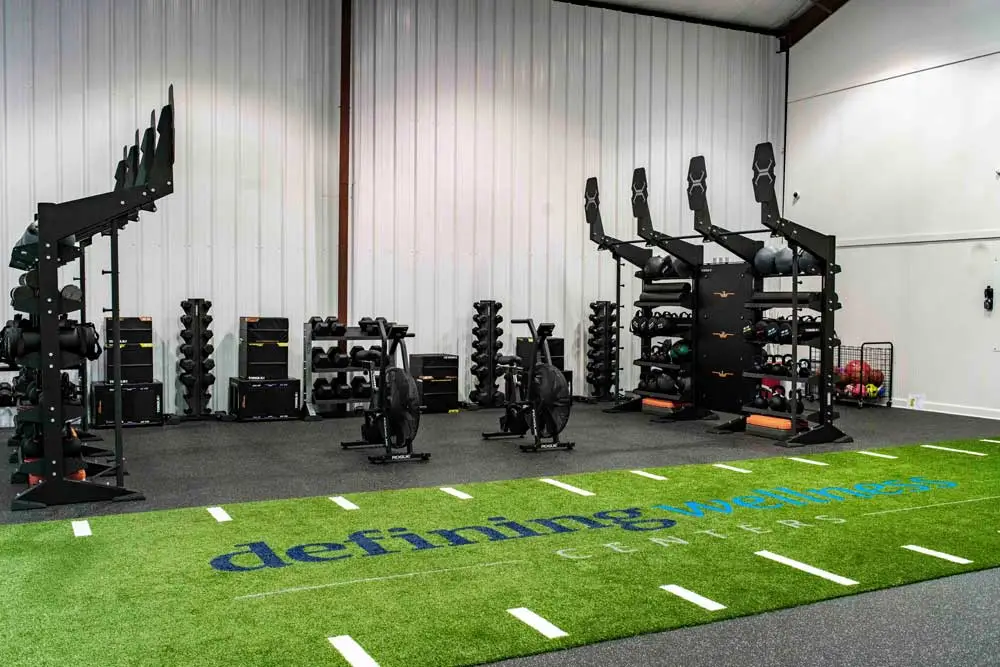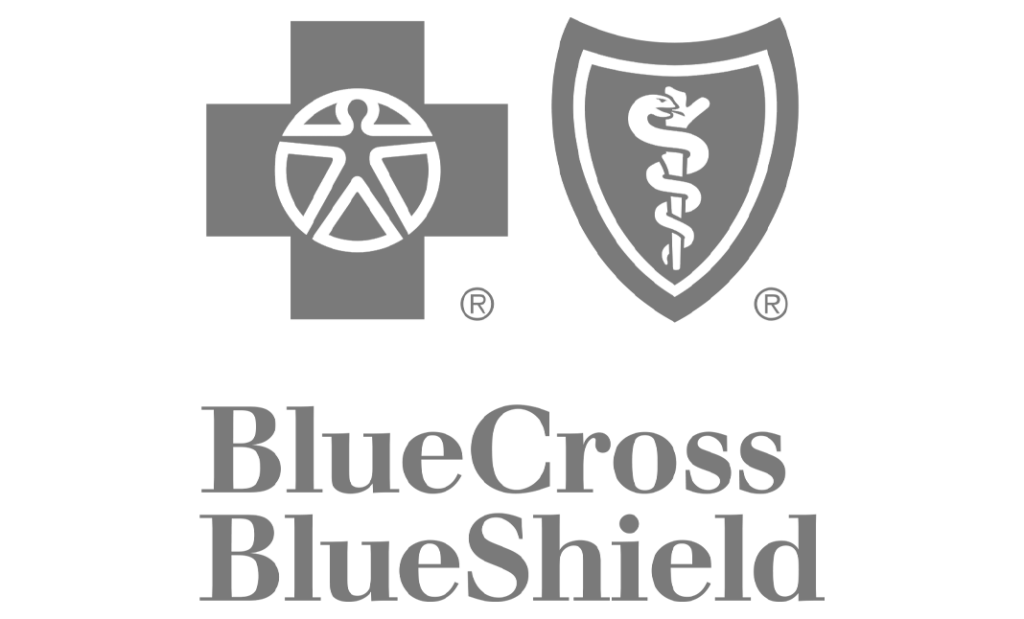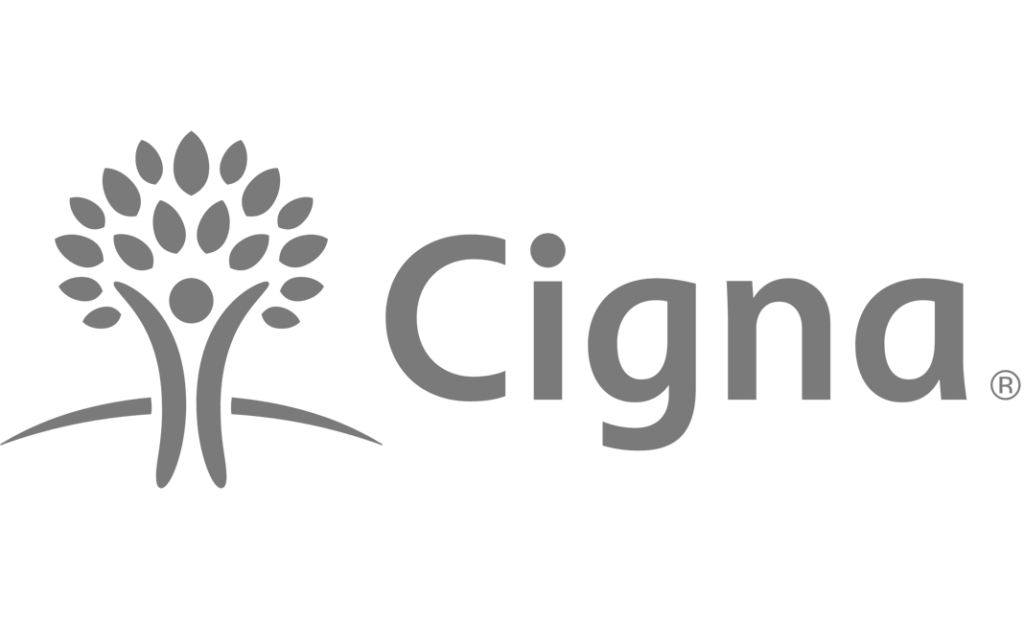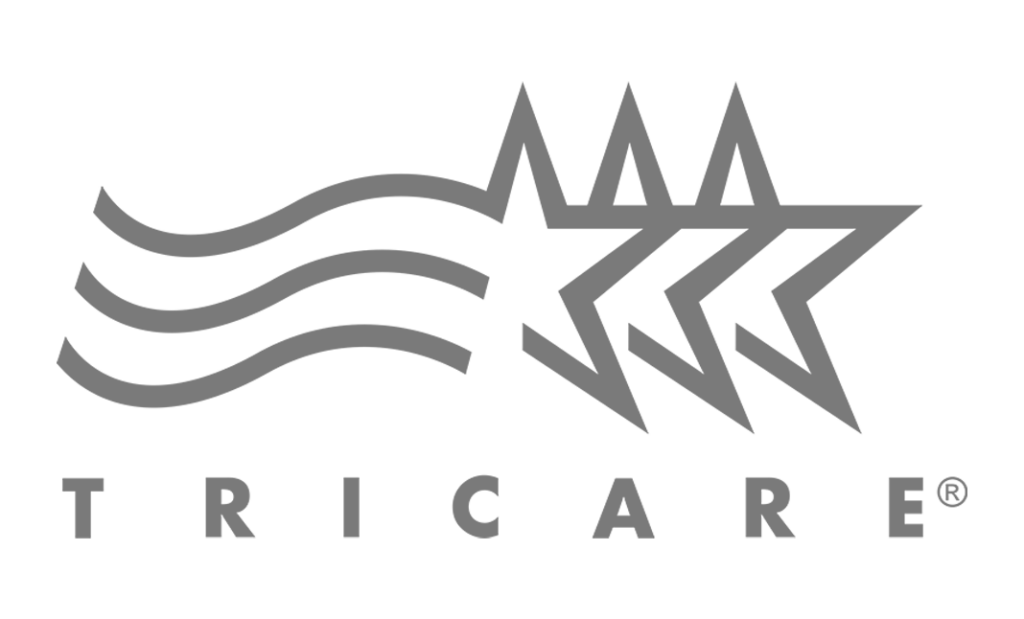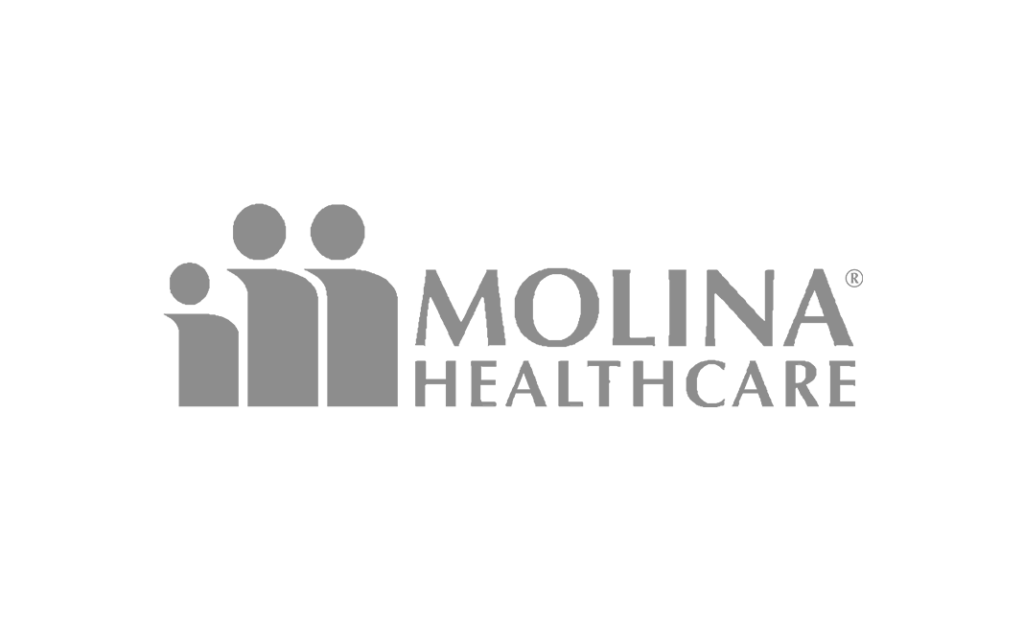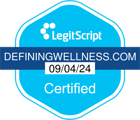Prescription drug addiction involves taking a prescribed drug for reasons other than its prescribed use. Opioids, stimulants, and barbiturates are commonly abused prescription drugs. Some people become dependent on drugs like these, and they often use them to get high or to relax. Once they become dependent on the drug, it’s difficult to stop taking it without experiencing withdrawal symptoms.
How Use Becomes Abuse and Addiction
Some people take prescription drugs from a friend or family member who has a prescription. Buying prescription drugs illegally is also another method used to obtain these drugs. However, in most cases, the user develops a habit for the drug after having been prescribed the drug by a doctor.
Opioids change the way the brain works. The drug attaches to proteins called opioid receptors. These receptors are found in the spinal cord, the brain, and the intestinal tract.
One overall effect of opioids on the brain is that they block a person’s ability to feel pain. Opioids are highly addictive. Back in the 1990s, many doctors prescribed opioids for pain relief. People took these drugs and became addicted to them.
Now, doctors rarely prescribe opioids for long-term use. However, in cases where a patient has chronic pain, he or she may be prescribed opioids for long-term use.
Some popular opioid drugs are:
- Morphine
- Fentanyl
- Oxycodone
- Hydrocodone
Signs of a Problem
One telltale sign of a drug problem is that the user cannot stop taking the drug, even if he or she wishes to. The user may make excuses for why the drug is needed. A person who takes the drug over an extended period may begin to take higher doses or take it more frequently.
If a person stops taking the prescription drug, he or she may notice withdrawal symptoms. Such symptoms might include the following:
- Bone pain
- Muscle pain
- Restlessness
- Cold flashes
- Goosebumps
- Diarrhea
- Indifference to pain
- Vomiting
- Insomnia
In addition to the above, a person in withdrawal will also have a craving to take the drug. This craving will even persist despite the user’s desire to quit. For instance, the person might realize he or she is spending too much time using the drug or obsessed with it. However, the user’s brain may have developed a tolerance for the drug.
Health Issues from Abuse
The longer the drug is taken, the more likely it is to cause internal damage. Damage to the liver or the kidneys is sometimes a problem for long-term users.
Some users might also experience mental health problems, such as depression or paranoia. Cognitive functioning can also be impaired. For instance, a person might have trouble paying attention or have lapses in working memory.
If a person takes too much of the drug, it slows respiration and can even cause death.
How to Find Prescription Drug Treatment Help
Professional drug rehab facilities each have a website that lists the center’s treatment plans and options. When searching for a rehab facility, choose one that has a detox program, a variety of different therapies as well as a licensed staff. Our facilities offer all of these amenities and advantages.
Detox
Detoxification is the removal of a harmful substance from the body. Detoxing from certain substances can be dangerous. In most cases, however, prescription drug detox is not life-threatening. Many patients experience much discomfort while detoxing. This is because withdrawal symptoms can be painful.
Our prescription drug addiction and treatment program includes a detox program. While under our care, you will receive medical detox from licensed nurses and experienced staff. Our medical detox program offers the following:
- Symptom management
- Medication for those who need it
- Referrals for treating underlying medical conditions
- Safe environment for patients
- Emotional support
Therapy
Our facility also offers therapy in both a residential and an outpatient prescription drug treatment program. Residential treatment allows patients to live at our facilities while they detox and receive therapy.
We offer both trauma-based and experiential therapy. Trauma-based therapy focuses on underlying concerns that may have led a person to abuse drugs. For instance, mental health problems, such as Post-Traumatic Stress Disorder (PTSD), can lead people to abuse drugs.
In prescription drug treatment therapy, patients will learn how to cope with a dual diagnosis. This is especially important because those who abuse drugs often have other underlying mental health problems. In therapy, patients learn to alter their behaviors and confront the sources of their problems.
Experiential therapy offers a range of coping mechanisms and therapies. Patients use animals, art and music as therapy. Some patients even choose to role play and recreate past experiences using our role play option.
Residential therapy at our facility helps patients remove themselves from negative influences that might tempt them to relapse. Other benefits of residential therapy are as follows:
- A structured, daily routine
- Professional care to monitor any medical problems that may arise
- Emotional support
Some patients do not need or wish to live in residence. These patients have the option of accessing our outpatient services. Like the residential program, the outpatient program allows patients to receive therapy and care from our team of licensed professionals.
Alternative Meds
We offer a traditional 12-step addiction treatment program. However, we do realize that no two addicted people are alike. Therefore, we offer alternatives to the 12-step program. For instance, some patients manage their addiction using the Women for Sobriety Program, which focuses specifically on helping women cope with the shame and humiliation of drug abuse. We also refer patients to the SMART Recovery, Secular Organizations for Society (SOS), LifeRing and the Moderation Management programs.
If you or someone you know has a prescription drug addiction, we can help. Call us today.








